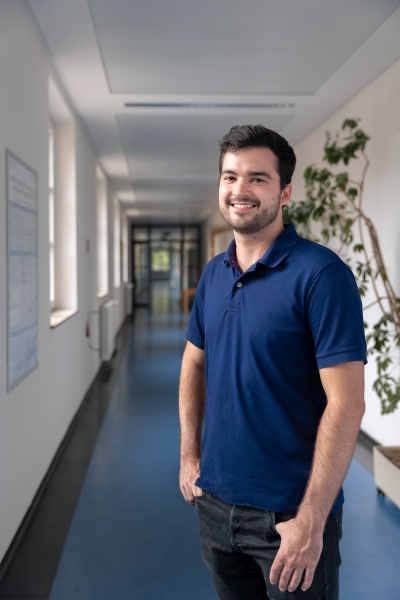Programming Ultra Low Power Architectures
| Lecturer |
 Oliver Bringmann Oliver BringmannHeadOliver Bringmann |
| Lecture |
Blockveranstaltung: 08. September 2024 bis 20. September 2024 (9:00 - 18:00 Uhr) B319 |
| Instructors |
 Alexander Jung Alexander JungResearcherAlexander Jung  Jörg Gamerdinger Jörg GamerdingerResearcherJörg Gamerdinger  Oliver Bause Oliver BauseResearcherOliver Bause |
| Tutorial |
Einführungsveranstaltung, 25. April 2024, 13 Uhr c.t., A302 |
| Amount | 6 LP |
| Course ID | INF4316 |
| Entry in course catalog | Alma |
| Learning Platform | Ilias |
Content
This module provides hands-on practice with embedded microcontrollers. For this purpose, the development platform FRDM-KL25Z based on a 32-bit ARM Cortex-M0+ processor is used. After a short introduction into the development platform, practical exercises are conducted in teams of two. The exercises cover the following topics: Introduction into microcontroller programming, execution time analysis of applications, power analysis and optimization, and optimization of the memory footprint.
Excercises:
- Introduction to embedded programming using the mbed platform
- Functionality of the ARM Cortex M0+ processor (assembler, interrupts)
- External communication (GPIO, I2C, displays, keypad)
- Measurement of power consumption and energy demand
- Low power modes of the microcontroller
- Minimizing power consumption by triggered event processing (interrupts, timers)
- Final project
Remark
Registration via the learning platform ILIAS is required, which will be open to all students from 29.03.2024, 12:00 noon.
Qualification objective
Students will be able to systematically develop software for embedded systems, taking into account electrical power consumption and energy demand. They are familiar with the entire development process from specification and implementation to debugging and documentation. Furthermore, the students are able to apply modern techniques of software-guided dynamic power management up to the programming of ultra-low power applications. Emphasis is given to teamwork, communication within and between groups, systematic problem solving, and meeting deadlines. This promotes self-confidence, self-marketing skills and the ability to deal with conflicts.
